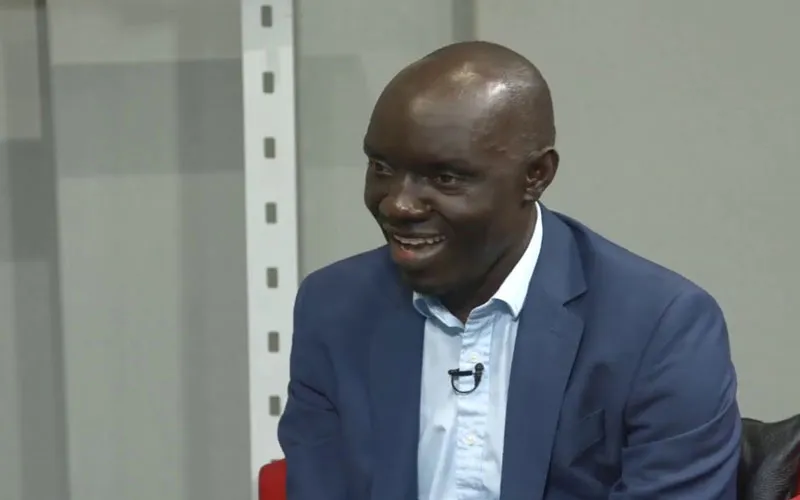In the June 20 interview with ACI Africa, Dr. Taban recalled the first time he sought help from the Catholic Church, after being released from prison where he had been tortured for a period of three months at the hands of government forces. He said he was falsely accused of spying for the rebels.
“I think the first time I received help from the Catholic Church was in Eritrea, when I fled South Sudan, after being released from prison. Caritas actually assisted me with the funds that took me up to Kenya”, he said.
He continued, “And at the same time when I decided to move to South Africa, it was the Catholic Church that helped me in Tanzania and also in Mozambique until I reached here.”
Once he reached Johannesburg, South Africa, 18 months after fleeing Sudan, he sought help at the Cathedral of Christ the King, from there the Comboni Missionaries, who he says facilitated his education, offered him the much-needed assistance.
“When I arrived in South Africa in 1995, nearly turning 18-year-old, I was a street child in Johannesburg with absolutely nothing. And the Catholic missionaries known as the Comboni missionaries came to my rescue”, Dr. Taban recalled during the June 20 interview.
The pulmonologist and author who was named one of the100 most influential Africans of 2020 by London-based New African magazine acknowledged the help he received from the Comboni Missionaries in South Africa to legalize his status in the country.
He said in reference to the Comboni Missionaries, “They actually took me in and gave me shelter; at the same time they recognized that I was still young and could also benefit from education, so they were able to help me to get to enroll into school in South Africa.”
The Comboni Missionaries, he went on to say, “also helped me to get my refugee status, and supported me morally and also spiritually; they played a key role in my life and as you can imagine, being alone at the age 18, a street child with no father, the missionaries were my guardians.”
“I think the Catholic Church has played a greater role in Africa for a number of years, centuries and I wasn't exceptional to that; and most of our leaders in Africa were actually educated by Catholic schools, most good leaders came from Catholic schools,” the 44-year-old medical doctor who became well-known for his novel methods in the treatment of COVID-19 patients in 2020 told ACI Africa.
The Pretoria-based doctor said that the postponed ecumenical visit that would see Pope Francis visit South Sudan alongside the Archbishop of Canterbury, Justin Welby, and the Moderator of the Church of Scotland, Jim Wallace is “a strong indication that the international community is tired of the war in South Sudan.”








